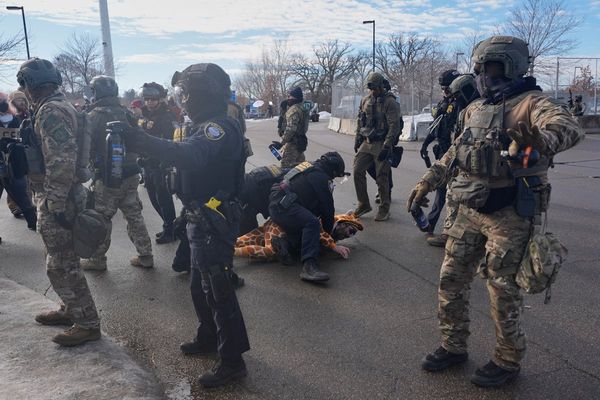
Adolescence is a turbulent time filled with mood swings, social pressures, and academic stress. It can be difficult for parents to distinguish between normal teenage angst and a more serious underlying issue like an anxiety disorder. Often, the most significant red flags aren’t dramatic outbursts but subtle shifts in behavior and personality. A teen struggling with anxiety may not have the words to express what they’re feeling, so they show it in other ways. Learning to recognize these silent signs is the first step toward getting them the help they need.
Sudden Changes in Social Habits
One of the most common signs of anxiety in teens is social withdrawal. If your once-social teenager suddenly starts avoiding friends, canceling plans, or spending all their time alone in their room, it may be a red flag. Social situations can feel intensely overwhelming for an anxious mind, so they retreat to their comfort zone to avoid that stress. This isn’t just introversion; it’s a marked change from their typical behavior that signals distress.
Constant Physical Complaints
Anxiety doesn’t just live in the mind; it manifests physically throughout the body. If your teen frequently complains of stomachaches, headaches, dizziness, or general fatigue without a clear medical cause, anxiety could be the culprit.
The body’s fight-or-flight stress response can wreak havoc on the digestive and nervous systems. Pay close attention if these physical ailments seem to worsen before school, exams, or social events.
A Drop in Academic Performance
Anxiety makes it incredibly difficult to concentrate, study, and retain information. If your straight-A student suddenly starts getting poor grades or your generally responsible teen stops turning in homework, don’t immediately assume it’s laziness or defiance. A teen struggling with anxiety is often so preoccupied with internal worry that their executive functions—like organization and focus—become significantly impaired.
Increased Irritability and Anger
While anxiety is often associated with fear and worry, in teenagers, it can frequently look like anger and irritability. Constant irritability, snapping at family members, and having an unusually short fuse can be outward expressions of an intense inner battle. This anger is often a defense mechanism, masking vulnerable feelings of being overwhelmed and out of control. It’s easier for them to feel angry than it is to admit they’re scared.
Changes in Sleep or Eating Patterns
Anxiety can severely disrupt the body’s most basic rhythms. You might notice your teen is sleeping much more or much less than usual. Insomnia is particularly common, as racing thoughts can make it impossible to shut down the mind at night. Similarly, their appetite may change drastically. Some anxious teens lose their appetite entirely, while others may overeat as a form of self-soothing or comfort.
Perfectionism and Procrastination
These two traits seem like polar opposites, but they are often two sides of the same anxious coin. A teen may become obsessed with getting everything perfect, spending hours on a simple assignment out of an intense fear of failure. Conversely, that same fear of not being good enough can be so paralyzing that it leads to procrastination. They avoid starting the task altogether because the pressure to be perfect feels too immense to handle.
Constant Reassurance Seeking
“Are you sure you’re not mad at me?” “Do you think I’ll fail this test?” While everyone needs reassurance sometimes, a teen with anxiety may seek it constantly. They need external validation to quiet their relentless internal worries, but the relief they feel is only temporary. This is a clear sign that they are unable to self-soothe and are trapped in a draining cycle of “what-if” thinking.
Listening to the Silence
If you recognize these signs in your child, it’s important to approach them with compassion, not criticism. A teen struggling with anxiety is often already their own harshest critic. Opening a gentle, non-judgmental line of communication is the most critical first step you can take. Let them know you’re there for them and that you’ve noticed they haven’t been themselves lately. Your quiet observation could be the lifeline they desperately need.
Have you ever mistaken anxiety for typical teenage behavior in someone you know? Share your experience in the comments.
Read More:
10 Ways Adult Children Test Their Parents Without Saying It
Why Teenagers Don’t Want to Visit Their Grandparents Anymore
The post 7 Silent Signs Your Teen Is Struggling With Anxiety appeared first on Budget and the Bees.







